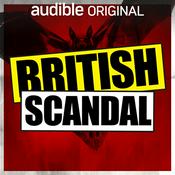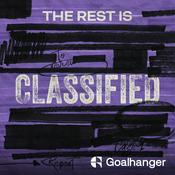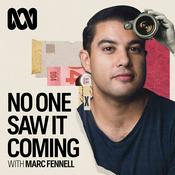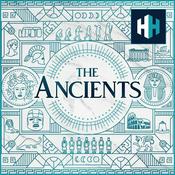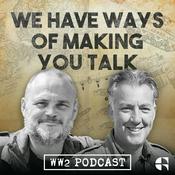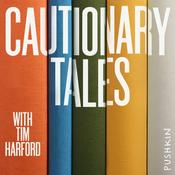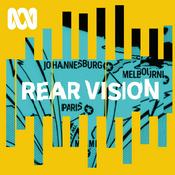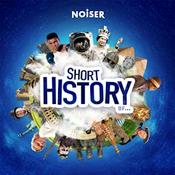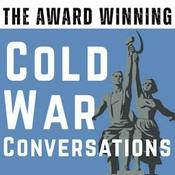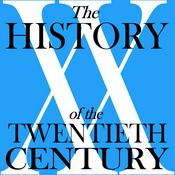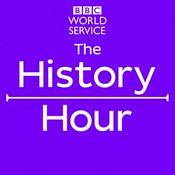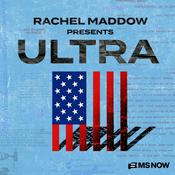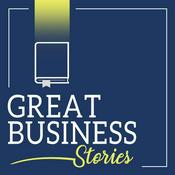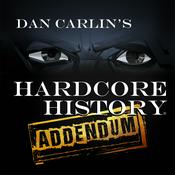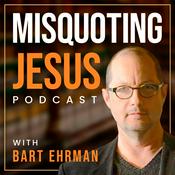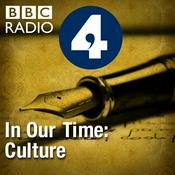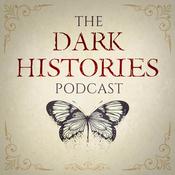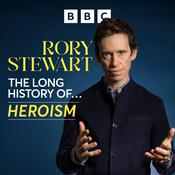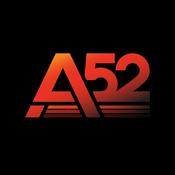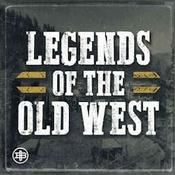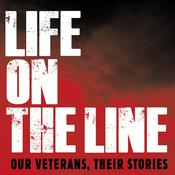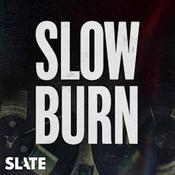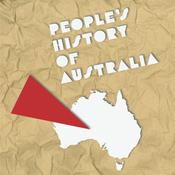58 episodes
- We're just trying to be friendly!
As a lead in to our next main episode, we're backtracking to the 60s.
The Monkees were legit, and deserve to be in the Rock And Roll Hall of Fame, that's the gist of it.
But we've got more of the Monkees!
Like always, we'll dig a little deeper, and provide research and analysis on this singular Pop Culture phenomenon.
Visit our Patreon for ad-free versions of our podcast, and more.
www.rocknrollarchaeology.com
Learn more about your ad choices. Visit megaphone.fm/adchoices - A sober, chronological narrative of the tragic final day of John Lennon on December 8, 1980. This episode tracks Lennon's last hours, his final interview, and the chilling, parallel actions of his killer, Mark Chapman, waiting outside the Dakota. We go inside the frantic rush to Roosevelt Hospital and recount the surreal, historic moment the news broke during Monday Night Football. This is the definitive, fact-based oral history of an empty, violent act that shattered a generation and a world.
Learn more about your ad choices. Visit megaphone.fm/adchoices - The show opens December 27th, 1961, at the Cavern Club where Pete Best calls in sick, and the boys bring in Richard Starkey - Ringo Starr to the world - to sit in on drums, his first paid gig with the Beatles. It clicks musically; the band really swings with Ringo on drums.
Learn more about your ad choices. Visit megaphone.fm/adchoices - Arrival: we begin the show on February 7th, 1964, in the first-class cabin aboard Pan American Airlines Flight 101 from London to New York City. It’s a raucous, party atmosphere, but John Lennon, for a moment anyway, feels alone in a crowd.
A door opens, pandemonium ensues, and a new era arrives.
Some housekeeping, and we move on to the Soho District, West London, and lay some foundation for today’s story—and for future discussions. Then we pull back a bit, and look at some of the political, economic, and cultural forces at play in 1950s England.
We then move on to Liverpool, late 1950s, and meet John Lennon and Paul McCartney, before they was fab. Then we pull back once again, and talk about alchemy and catalysts—and about a shared bond of shared loss.
One catalyst comes in the form of a person: Paul’s school chum George Harrison, the baddest young guitar-slinger in Liverpool.
John, Paul and George settle in together in the spring of 1958, and begin a four-year apprenticeship that will take them from coffee-house skifflers to the “Toppermost of the Poppermost.”
Then it’s off to Hamburg, fall of 1960. The Beatles work hard and play hard, and learn the basics of being a professional Rock N Roll band. We briefly meet a sad-eyed bloke who plays drums—and plays them well—in a competing band on the circuit.
We will also meet two founding Beatles: Stu Sutcliffe and Pete Best, and tell some of Stu’s story, a story with a tragic ending.
At the end of the second tour, the Beatles become a four piece, and acquire their signature instruments. At the end of the third Hamburg tour, they come back to Liverpool as conquering heroes.
June of 1962, and John, Paul, and George stand on the brink.
Departure: there is one final move, one last step to take. And the Beatles already have someone in mind.
Learn more about your ad choices. Visit megaphone.fm/adchoices - Synopsis
Rock N Roll Archaeology excavates the divergent paths of Elton John and John Lennon in the first half of the 1970s, a period where one man sprinted toward the brightest spotlight on Earth while the other desperately sought an escape. From Elton's star-making coronation at the Troubadour to Lennon's chaotic "Lost Weekend" in Los Angeles, their journeys collide in a New York studio with a high-stakes wager over the song "Whatever Gets You Thru the Night."
This is a story of two friends, two paths, and the unforeseen consequences of getting exactly what you wish for, set against the backdrop of the post-Beatles power vacuum and the dizzying heights of 70s superstardom.
Producer and Host: Christian Swain
Head Writer: Richard Evans
Sound Designer: Jerry Danielsen
Learn more about your ad choices. Visit megaphone.fm/adchoices
More History podcasts
Trending History podcasts
About Rock N Roll Archaeology
Rock N Roll Archaeology (RNRA) is more than a podcast; it’s an immersive, carefully researched and produced audio documentary.
RNRA explores the history of Rock Music, and then goes a step further. We contextualize Rock N Roll; we place it within the cultural, political, and technological landscapes of the late 20th and early 21st centuries.
With storytelling, commentary, and a dash of musicology, we explore how music, culture, and technology interact and affect each other—how they ARE each other.
Podcast websiteListen to Rock N Roll Archaeology, The Rest Is History and many other podcasts from around the world with the radio.net app

Get the free radio.net app
- Stations and podcasts to bookmark
- Stream via Wi-Fi or Bluetooth
- Supports Carplay & Android Auto
- Many other app features
Get the free radio.net app
- Stations and podcasts to bookmark
- Stream via Wi-Fi or Bluetooth
- Supports Carplay & Android Auto
- Many other app features


Rock N Roll Archaeology
Scan code,
download the app,
start listening.
download the app,
start listening.



